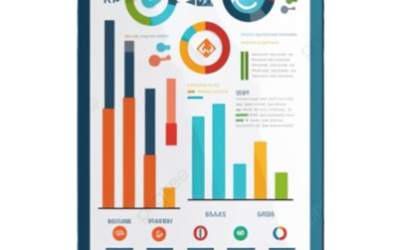Outline
- Introduction: The importance of data in modern marketing
- Understanding your audience: The role of data in audience segmentation
- Data-driven decision making: How data can optimize campaigns
- Case study: A successful data-driven marketing campaign
- Conclusion: The future of data-driven marketing
Content
The digital landscape is evolving rapidly, making it increasingly challenging for businesses to connect with their target audience. However, one constant remains: the power of data. By harnessing the insights derived from data, businesses can make informed decisions, optimize campaigns, and ultimately achieve greater success.
Understanding your audience is the cornerstone of any effective marketing strategy. Data allows you to delve deep into customer behavior, preferences, and demographics. By segmenting your audience based on data-driven insights, you can create highly targeted campaigns that resonate with specific customer groups.
Data-driven decision-making is the key to optimizing your marketing efforts. By analyzing campaign performance metrics, you can identify what works and what doesn’t. This allows you to allocate resources effectively, refine your strategies, and maximize your return on investment (ROI).
As technology continues to advance, the role of data in marketing will only become more prominent. By embracing data-driven strategies, businesses can gain a competitive edge, build strong customer relationships, and drive long-term growth.

